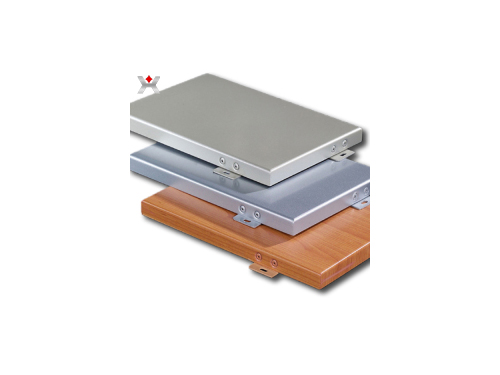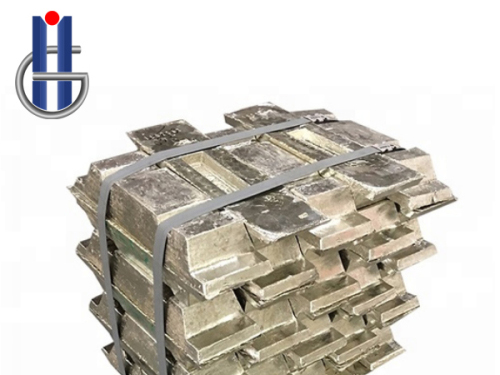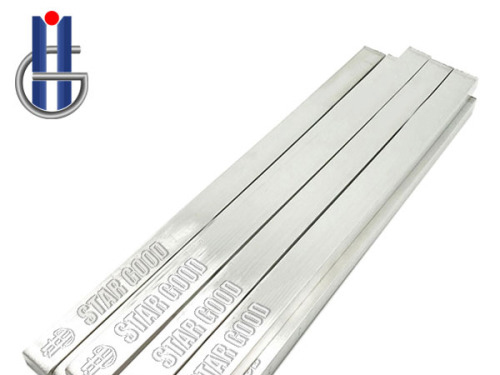Tin alloys, which often consist of tin combined with other metals, are used in a variety of applications due to their unique properties. The addition of other metals to tin can enhance specific characteristics, making these alloys suitable for diverse industries. Here are some common applications and scopes of tin alloys:
Soldering and Electronics:
Tin-lead (Sn-Pb) alloys have long been used in soldering applications for electronics. However, due to environmental concerns, there has been a shift towards lead-free alternatives such as tin-silver-copper (Sn-Ag-Cu) and tin-silver (Sn-Ag) alloys.
Casting and Foundry Industry:
Tin is often alloyed with other metals such as antimony to create alloys like pewter. Pewter has been historically used for casting, particularly in the production of decorative items, utensils, and figurines.
Bearings and Babbitt Metal:
Babbitt metal, a tin-based alloy, is commonly used for the construction of bearings. It provides a low-friction surface and has good load-bearing properties, making it suitable for various types of machinery.
Plating:
Tin is used as a coating in the plating industry. Tin plating provides corrosion resistance and is often applied to steel or other metals to prevent rusting.
Tin is combined with copper to form alloys such as bronze (copper-tin) and gunmetal (copper-tin-zinc). Bronze has been historically used for statues, coins, and tools, while gunmetal is employed in the production of gears and bearings.
Packaging Industry:
Tin-plated steel is widely used in the packaging industry for making cans. The tin layer provides corrosion resistance and prevents the interaction between the contents and the metal can.
Biomedical Applications:
Tin alloys, particularly those with a high tin content, are used in certain biomedical applications. For example, tin is a component in some dental amalgams used for dental fillings.
Superconductors:
Tin has superconducting properties at very low temperatures. Tin-based alloys, such as indium-tin (In-Sn) or lead-tin (Pb-Sn), are used in the production of superconducting materials for various scientific and industrial applications.
Fusible Alloys:
Tin-bismuth alloys are used in fusible alloys with low melting points. These alloys are employed in applications such as fire sprinklers, where the alloy melts at a specific temperature, releasing a seal and allowing water to flow.
Anti-Friction Bearings:
Tin-based alloys, such as tin-antimony, are used in anti-friction bearings due to their low friction properties and resistance to wear.
Tin Pest Prevention:
Small amounts of other metals are sometimes added to tin alloys to prevent a phenomenon known as "tin pest," where tin undergoes a transformation at low temperatures, causing it to become brittle. Antimony is commonly added for this purpose.
Aerospace Industry:
Tin alloys may find applications in the aerospace industry, particularly in components where their specific properties, such as low melting points or corrosion resistance, are advantageous.
The application scope of tin alloys is broad, and their versatility makes them valuable in various industries ranging from electronics and manufacturing to healthcare and aerospace. The specific alloy chosen depends on the desired properties for a given application.



 High Purity Tin Ingot: Crucial Applications and Benefits
High Purity Tin Ingot: Crucial Applications and Benefits
 Pure Tin Ingot: Essential Material for Diverse Industrial Applications
Pure Tin Ingot: Essential Material for Diverse Industrial Applications
 Unlocking the Potential of Pure Tin Bars: Essential Components for Diverse Industries
Unlocking the Potential of Pure Tin Bars: Essential Components for Diverse Industries
 Lead Bar for Sale: Uses, Specifications, and Buying Considerations
Lead Bar for Sale: Uses, Specifications, and Buying Considerations